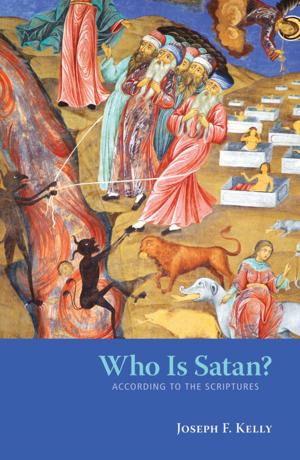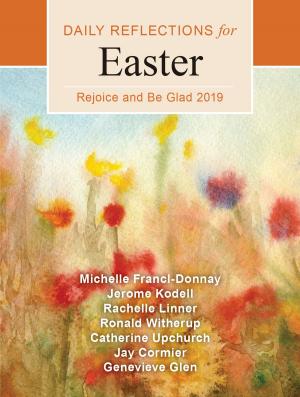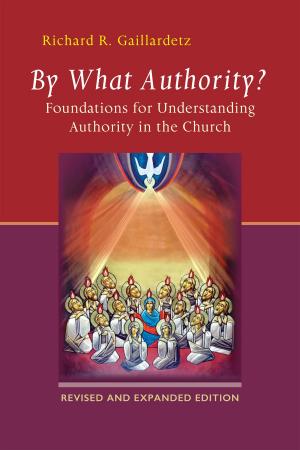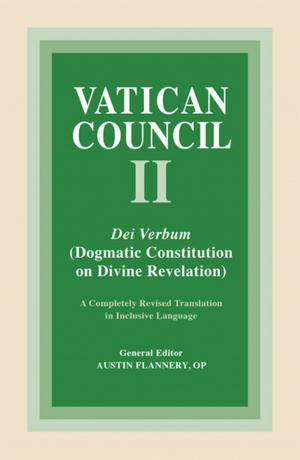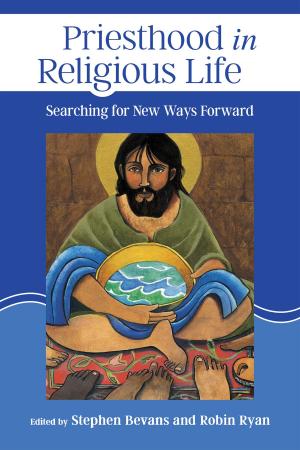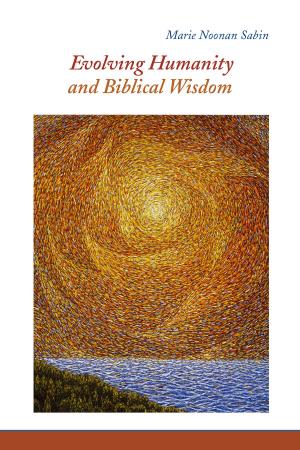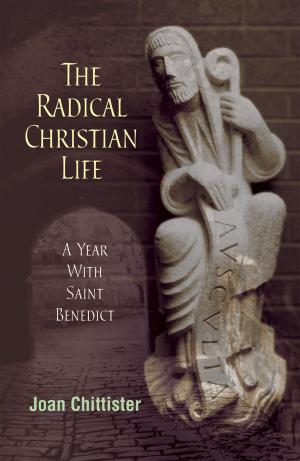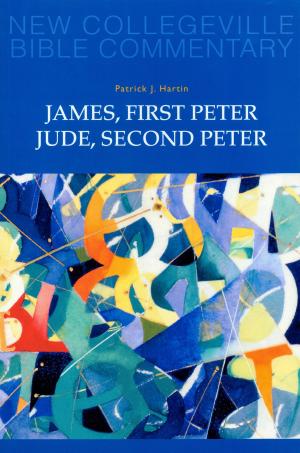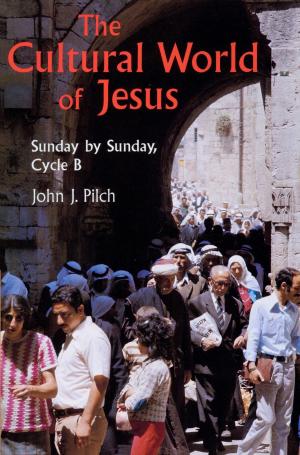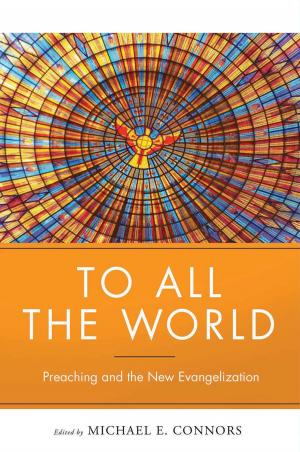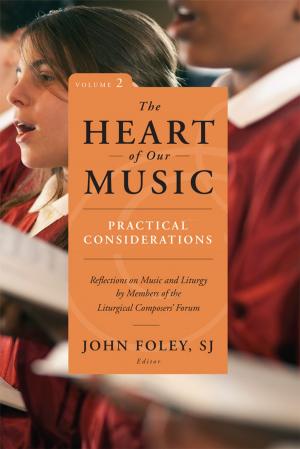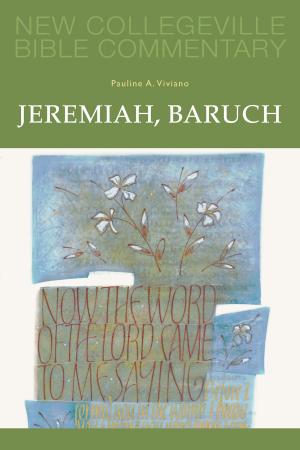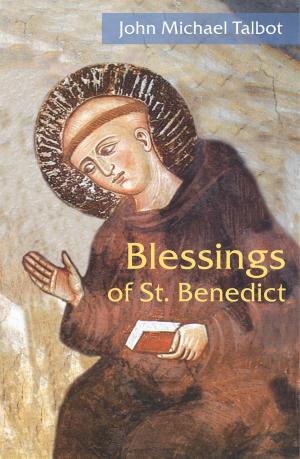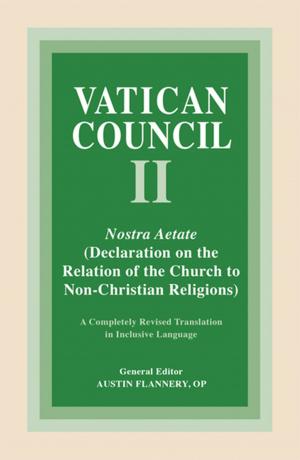If These Walls Could Talk
Community Muralism and the Beauty of Justice
Nonfiction, Religion & Spirituality, Christianity, Denominations, Catholic, Catholicism| Author: | Maureen H. O'Connell | ISBN: | 9780814634042 |
| Publisher: | Liturgical Press | Publication: | June 1, 2012 |
| Imprint: | Liturgical Press | Language: | English |
| Author: | Maureen H. O'Connell |
| ISBN: | 9780814634042 |
| Publisher: | Liturgical Press |
| Publication: | June 1, 2012 |
| Imprint: | Liturgical Press |
| Language: | English |
Philadelphia's community muralism movement is transforming the City of Brotherly Love into the Mural Capital of the World. This remarkable groundswell of public art includes some 3,500 wall-sized canvases: On warehouses and on schools, on mosques and in jails, in courthouses and along overpasses.
In If These Walls Could Talk, Maureen O'Connell explores the theological and social significance of the movement. She calls attention to some of the most startling and powerful works it has produced and describes the narratives behind them. In doing so, O'Connell illustrates the ways that the arts can help us think about and work through the seemingly inescapable problems of urban poverty and arrive at responses that are both creative and effective.
This is a book on American religion. It incorporates ethnography to explore faith communities that have used larger-than-life religious imagery to proclaim in unprecedented public ways their self-understandings, memories of the past, and visions of the future. It also examines the way this art functions in larger public discourse about problems facing every city in America.
But If These Walls Could Talk is also theological text. It considers the theological implications of this most democratic expression of public art, mindful of the three components of every mural: the pieces themselves, those who create them, and those who interpret them. It illuminates a kind of beauty that seeks after social change or, in other words, the largely unexplored relationship between theological aesthetics and ethics.
Philadelphia's community muralism movement is transforming the City of Brotherly Love into the Mural Capital of the World. This remarkable groundswell of public art includes some 3,500 wall-sized canvases: On warehouses and on schools, on mosques and in jails, in courthouses and along overpasses.
In If These Walls Could Talk, Maureen O'Connell explores the theological and social significance of the movement. She calls attention to some of the most startling and powerful works it has produced and describes the narratives behind them. In doing so, O'Connell illustrates the ways that the arts can help us think about and work through the seemingly inescapable problems of urban poverty and arrive at responses that are both creative and effective.
This is a book on American religion. It incorporates ethnography to explore faith communities that have used larger-than-life religious imagery to proclaim in unprecedented public ways their self-understandings, memories of the past, and visions of the future. It also examines the way this art functions in larger public discourse about problems facing every city in America.
But If These Walls Could Talk is also theological text. It considers the theological implications of this most democratic expression of public art, mindful of the three components of every mural: the pieces themselves, those who create them, and those who interpret them. It illuminates a kind of beauty that seeks after social change or, in other words, the largely unexplored relationship between theological aesthetics and ethics.

